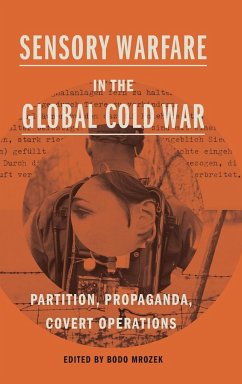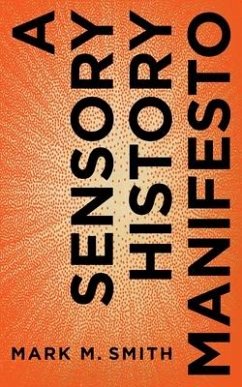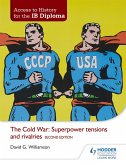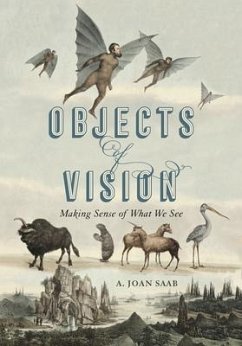The longest political conflict of the twentieth century, the Cold War, was carried out on the human senses-and through them. Largely conducted through nonlethal methods, it was a war of competing cultures, politics, and covert operations. While propaganda reached targets through vision and hearing, sensory warfare also exploited taste, touch, smell, and pain. This volume is the first to explore the sensory aspect of the Cold War and how this warfare changed contemporary perception of the war. The authors highlight the global dimension of sensory warfare, examining battlegrounds around the world and across different phases of the conflict, including "cold" and "hot" warfare-both covert and overt. Case studies highlight the role of taste in Western food deliveries to Eastern Europe; olfaction in Poland, at the Iron Curtain, and in the Vietnam War; sonic warfare in Berlin, in Romania, and at the China-Taiwan "aquatic frontier"; vision in the Maoist Cultural Revolution, Spain, and the Soviet-Afghan war; haptics in the German military; and drugs, pain, and sensory deprivation in intelligence operations in both Hungary and the United States. In its wide-ranging treatment, this volume offers an illuminating new perspective on the Cold War and deepens our understanding of the sensory aspects of current and future conflicts. Sensory Warfare in the Global Cold War will be of interest to students and scholars of sensory studies, Cold War studies, twentieth-century history, and military history. In addition to the editor, the contributors to this volume include Cyril Cordoba, Mark Fenemore, Walter E. Grunden, Dayton Lekner, José Manuel López Torán, Markus Mirschel, Victoria Phillips, Carsten Richter, Andreea Deciu Ritivoi, Christy Spackman, and Stephanie Weismann.
Hinweis: Dieser Artikel kann nur an eine deutsche Lieferadresse ausgeliefert werden.
Hinweis: Dieser Artikel kann nur an eine deutsche Lieferadresse ausgeliefert werden.








